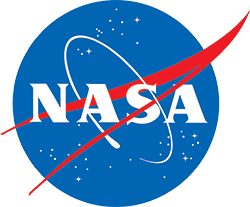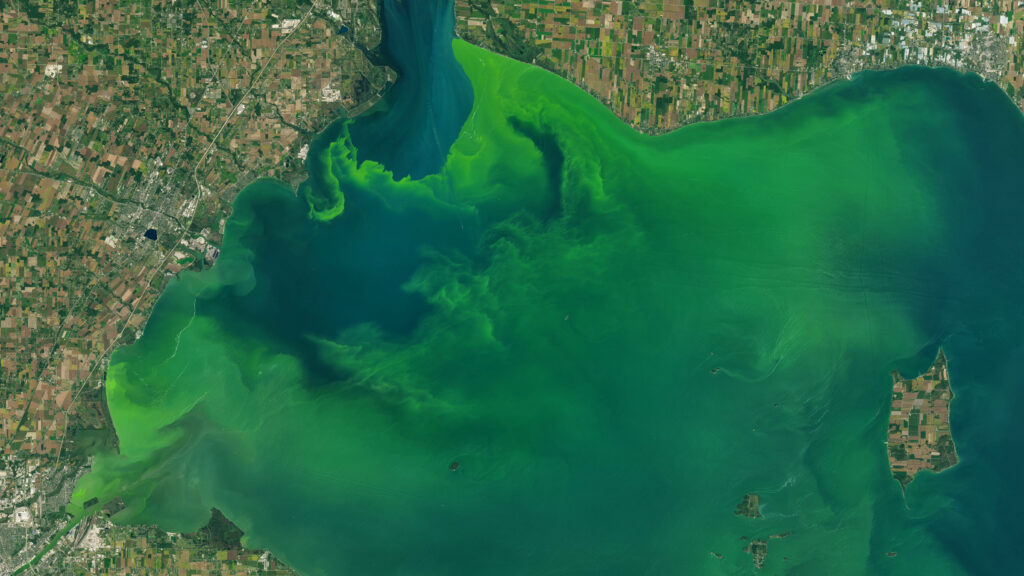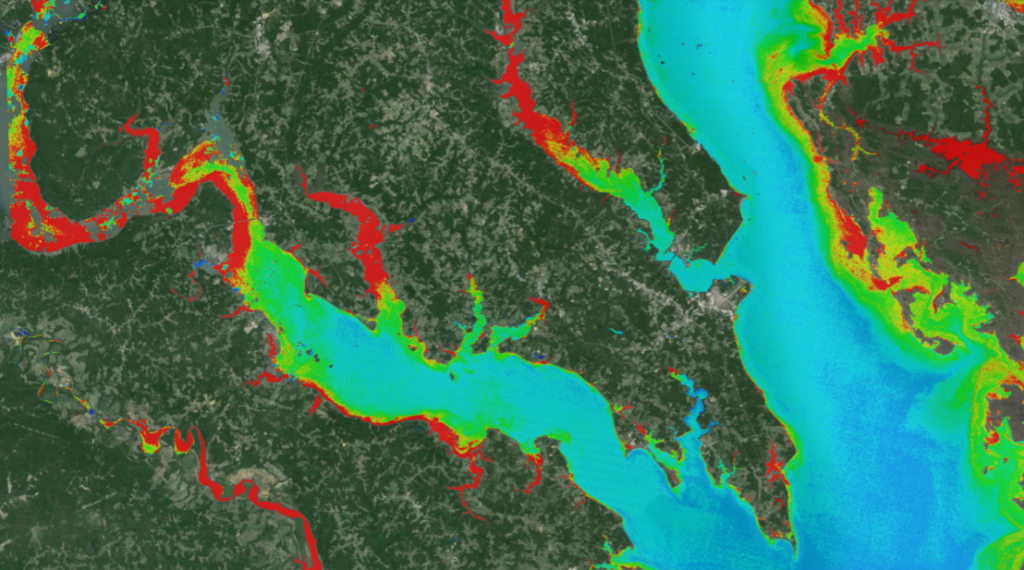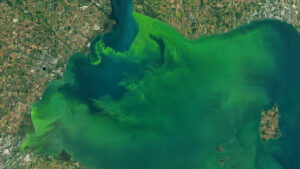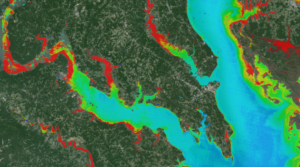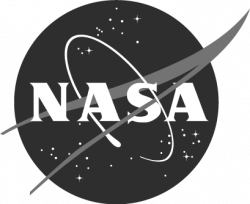Contributor: Jeannie Allen
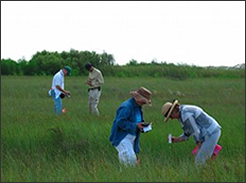
- This summer, 20 community and tribal college faculty members gathered at Del Mar College in Corpus Christi, Texas, to participate in two weeks of training as the first group of the Integrated Geospatial Education and Technology and Training (iGETT) project. During the next three years, they and a second group of faculty selected from applicants around the country, will develop model Learning Units and expand their programs to address workforce needs for employees who can use geospatial data.
Landsat education personnel, contracted through Science Systems and Applications, Inc. (SSAI) at Goddard, received funding to provide leadership, training, mentoring, and technical support for iGETT. This effort was done in partnership with the National Council for Geographic Education (NCGE); Del Mar College, Environmental Systems Research Institute (ESRI); and the U.S. Geological Survey (USGS).
The geospatial industry was recently identified by the U.S. Department of Labor as one of the fastest growing areas of our economy. In this dynamic, interdisciplinary field, Federal remote sensing data play a critical role. Goddard’s Landsat, staff and partners, held a conference at the National Science Foundation (NSF) in 2005 where representatives from the geospatial industry, Government agencies, academia, and professional associations examined the potential for two-year colleges to meet essential basic geospatial training needs. The report from this conference is available on the NCGE Web site at:http://ncge.org/publications/gew.
Based in part on the results of the conference, the NSF funded iGETT for three years (2007–2010) to help meet the need for a geospatially literate workforce. Osa Brand, Education Outreach Director for NCGE, is the project’s Principal Investigator.
The first year of iGETT included a two-week institute at Del Mar College focused on an introduction to the fundamentals of remote sensing; on downloading and analyzing Landsat, Moderate Resolution Imaging Spectroradiometer (MODIS), and Advanced Spaceborne Thermal Emission and Reflection Radiometer (ASTER) data; using Global Positioning Systems (GPS); and integrating both technologies into Geographic Information Systems (GIS).
During the first institute in August 2007, scientists from USGS and NASA presented examples of how remote sensing is used for agriculture, disaster management, and environmental sciences.
An all-day trip to Padre Island National Seashore gave participants the opportunity to conduct ground-based validations of satellite data.
At the end of the Institute, participants submitted proposals for Learning Units that address workforce needs. Learning Unit titles include “Correlation and Classification of Soil Valuation and Agricultural Land Parcel Taxation in Kidder County North Dakota;” “Post-Fire Recovery of Chaparral Vegetation in Southern California,” “Response of Quaking Aspen (Populus tremuloides) to Major Wildfire of 1986 on Rocky Boy Indian Reservation,” and “Estimating Areas of Suitable Grazing Land in Montana Using GPS, GIS, and Remote Sensing.”
Work will continue during the academic year with teleconferences, completion of an online class in remote sensing from the University of Mississippi’s Institute for Advanced Education in Geospatial Sciences, and completion of participants’ Learning Units. The second summer will consist of a week-long institute focused on implementation of the Learning Unit; development of outreach and program marketing strategies, such as student recruiting at regional high schools and outreach to four-year colleges; and dissemination of information about the programs at regional meetings and conferences. During this time, Group 2 will begin their two-week institute, so the two groups will overlap, and can share experiences.
The iGETT project will provide online resources for all two-year college faculty members who are interested in replicating relevant aspects of the project. To that end, detailed information will be available on the iGETT Web site after the end of the project. The program evaluation is being conducted by South Carolina Advanced Technological Education, Inc.
For more information about iGETT, contact Jeannie Allen, at: Jeannette.E.Allen@nasa.gov
